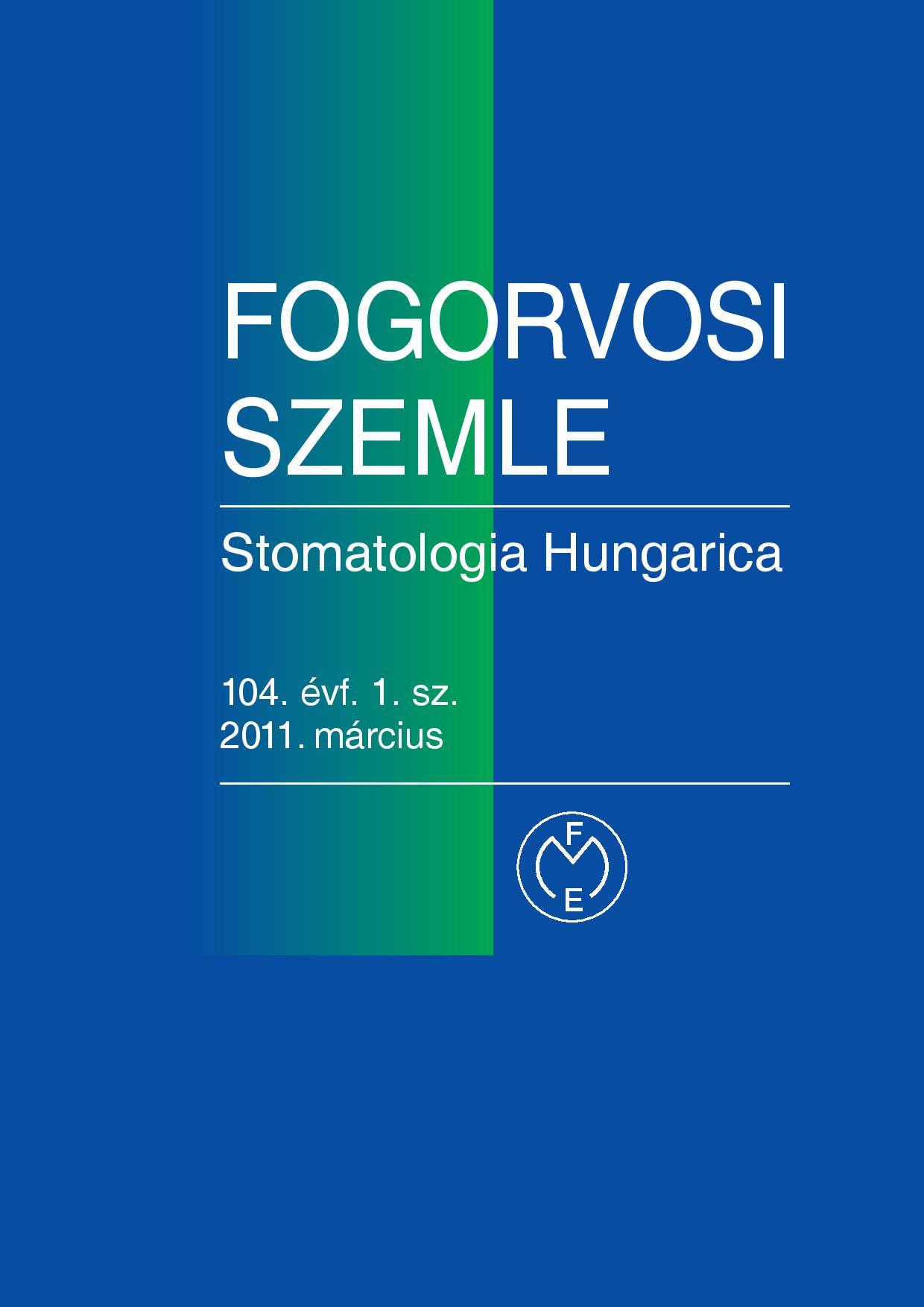Impact of decontaminating solutions on titanium surface: an epithelial cell culture study
Abstract
Introduction The effects of three different decontaminating solutions in clinical use for peri-implantitis therapy on the chemical structure and surface roughness of commercially pure (CP) Ti were investigated. A further aim was to survey the response of the biological environment to these changes, by examining the attachment and proliferation of human epithelial cells after treatment of the Ti surfaces with these solutions. Materials and methods CP (grade 4) machined titanium discs (CAMLOG TM Biotechnologies AG, Switzerland) were treated with 3% H2O2 (5 min), saturated citric acid (pH = 1; 1 min) or chlorhexidine gel (CHX, 5 min). The surface properties were followed through the use of X-ray photoelectron spectroscopy (XPS) and atomic force microscopy (AFM). The epithelial cell attachment and proliferation was examined by means of 3-(4,5-dimethylthiazol-2-yl)-2,5-diphenyltetrazolium bromide (MTT) and bicinchoninic acid (BCA) protein-content assays. Results XPS showed an intact TiO2 layer on each sample and CHX was adsorbed by the surface, as C-O and/or C=O bond formation was revealed. AFM results gave no significant changes in the roughness after treating the surfaces with the cleaning solutions. While MTT and BCA assays did not show significant differences in epithelial cell attachments, the cell proliferation was significantly increased after H2O2 treatment as compared to CHX (not shown by BCA assays). Conclusions The applied decontaminating agents do not damage the Ti surface. H2O2 can be used effectively in decontaminating the implants affected by peri-implantitis, as the human epithelial cell growth was improved, in contrast with CHX.
Copyright (c) 2021 Authors

This work is licensed under a Creative Commons Attribution 4.0 International License.


.png)




1.png)



